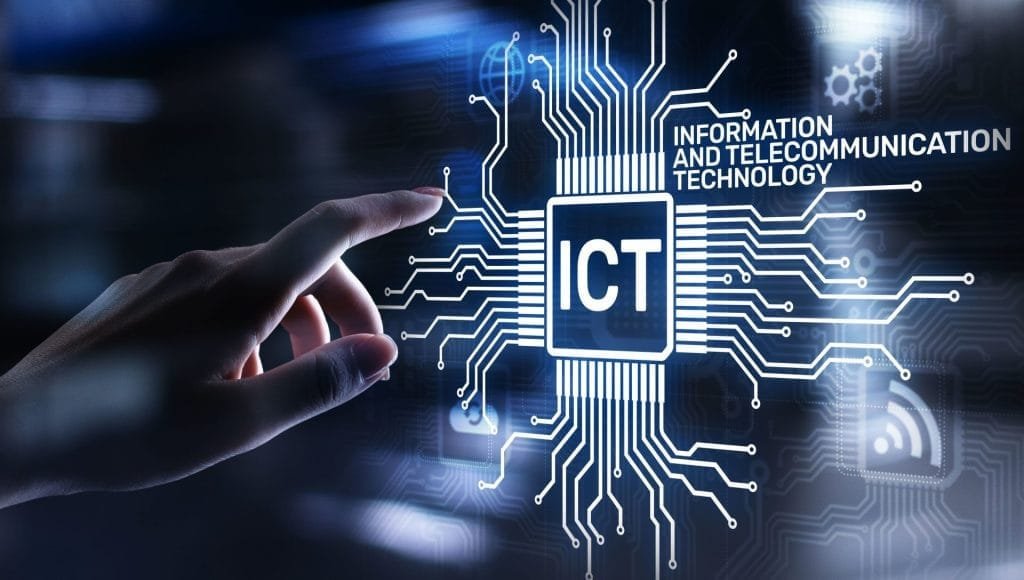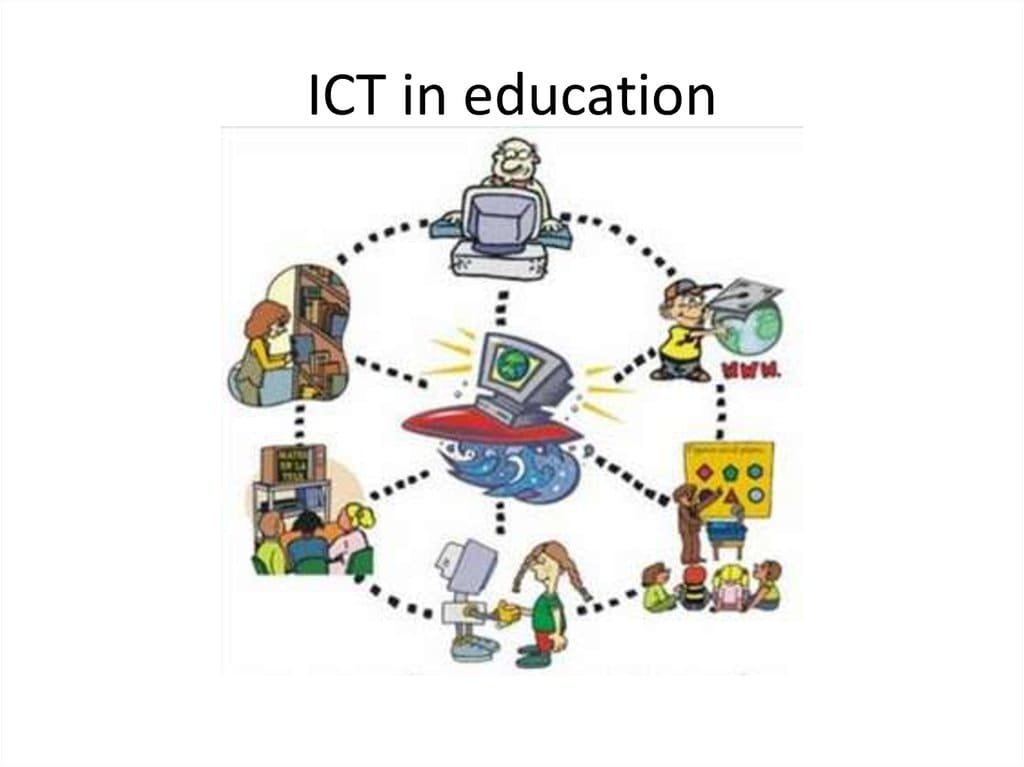Introduction
how school management system works
This blog discusses the role of information and communication technology (ICT) in school management systems. Specifically, it focuses on the use of ERP systems and relational databases to streamline finance accounting and HR management needs of educational institutions. The blog also briefly introduces APPSGATE Technology, a leading software development company in Dubai, that offers comprehensive solutions to educational institutions.
Overview of how school management system works ict
Schools and universities are required to record and manage a huge amount of information about their students. This includes their personal details, performance data, attendance records, and more. With the help of ICT, educational institutions can now streamline their management systems by using ERP software and relational databases.
An ERP system like Odoo can be customized to meet the finance accounting and HR management needs of schools and universities. All these functions are integrated into one system, eliminating the need for multiple software applications and manual data entry. This not only saves time but also reduces human errors.
Moreover, online systems allow parents to see their child’s progress from home, making communication between the school and parents much easier.
Brief introduction of APPSGATE COMPANY
APPSGATE Technology is one such company that offers comprehensive solutions to educational institutions. Their Odoo ERP system is designed to meet the finance accounting and HR management needs of schools and universities. This system seamlessly integrates various functions into one system, thereby reducing the need for multiple applications and manual data entry. With their solution, educational institutions can manage their operations efficiently and effectively.
Read more Embracing the Digital Age with a Digital School Management System
Benefits of ICT in School Management Systems
Streamlining administrative tasks
Educational institutions are required to maintain and manage data of their students, faculty, staff, and all the facilities provided by them. With the help of information and communication technology (ICT), schools and universities can streamline this process. Utilizing enterprise resource planning (ERP) systems and relational databases, educational institutions can manage various functions such as finance, accounting, and human resources on a cloud-based system. This type of system integrates all these data into a single software application, eliminating the need for multiple applications and manual data entry.
Increasing efficiency and productivity
Streamlining administrative tasks leads to increased efficiency and productivity. Schools and universities utilizing ICT for their management systems can store important information such as attendance records, student transcripts, performance data, and more, in one place. Accurate and reliable data management is necessary for proper analysis to help make informed decisions. Additionally, online systems can also allow parents to view their child’s progress from their homes, making communication between school and parents much more manageable.
One of the leading companies in the field of software development for educational institutions is APPSGATE Technology, a Dubai-based company that provides customized solutions to educational institutions. Their Odoo ERP system is a comprehensive solution that integrates all major administrative tasks necessary for efficient school management. With APPSGATE’s solution, educational institutions can manage resources reliably and efficiently to ensure successful education delivery to students and a high-quality experience for all involved parties.
Read more Designing an Effective Database for Your School Management System

Components of a School Management Information System
Relational database with five tables
A school management information system consists of a complex set of tools and processes designed to help educational institutions manage their administrative tasks efficiently. One of the essential components of such a system is a relational database with five tables, which includes student details, performance data, attendance data, and IGCSE ICT.
Student details
Maintaining accurate and up-to-date student records is a vital aspect of school management. Through the use of ICT, educational institutions can record and store information about their students, such as personal details, academic performance, and attendance records, on a cloud-based system. The system can then be accessed by authorized personnel, including parents, teachers, and administrators, allowing them to view student information in real-time.
Performance data
Performance data refers to information about how well students are performing academically. This data is collected through assessments and exams and is used to evaluate student progress and identify areas where they may need additional support. An ICT-based school management system can store this data securely, enabling administrators to track student performance over time and identify trends in student achievement.
Read more Taking Education to the Cloud: Cloud School Management Systems
Role of ICT in Supporting School Management
Overview of the need for ICT in school management
Schools are required to record and store information about their students, such as attendance records and academic performance. To manage these records efficiently, educational institutions must have an effective school management information system in place. This is where ICT comes in.
ICT in education management refers to the use of technology to streamline administrative tasks, enhance data-driven decision-making, and foster a digital learning environment. With the help of ICT tools such as a relational database and a student information system (SIS), schools can manage and store student data securely, making it easily accessible to authorized personnel. One of the main advantages of using an ICT-based school management system is that it can drastically reduce the amount of time and effort required to manage student records, enabling educators to focus on teaching and learning.
The relational database is one of the essential components of a school management information system. It consists of five tables, including student details, performance data, attendance data, IGCSE ICT, and timetables. The database can be used to store and manage a wide range of student data, such as personal details, academic performance, and attendance records. This data can then be used to evaluate student progress and identify areas where they may need additional support.
Read more Ensuring Safety with the Best School Visitor Management System

ICT in Education Management
Streamlining Administrative Tasks
Schools are required to manage a large volume of data related to their students, including attendance records, academic performance, and personal details. To manage this information securely and efficiently, educational institutions must have an effective school management information system in place. This is where ICT can play a critical role by providing various tools and software to streamline administrative tasks.
One of the primary advantages of using an ICT-based school management system is that it dramatically reduces the amount of time and effort required to manage student records, enabling educators to focus on teaching and learning. For instance, the use of school management software such as School Software Pro enables teachers to access up-to-date student and school data anytime, anywhere. This feature ensures teachers can focus on providing the best possible support to their students rather than spending time on record-keeping tasks.
Moreover, ICT can be used as a tool for connecting with parents by creating and sending out classroom newsletters to keep them up to date about school activities via email. This feature enables schools to maintain transparency with parents and keep them well-informed about their child’s school life.
Read more Developing the Best School Management System with Core PHP
Web-Based Information System for School Management
Facilitating management functions
Schools need to handle a vast amount of data pertaining to their students, staff and the institution itself. For this reason, an efficient school management information system is essential. By leveraging information and communication technology (ICT), educational institutions can simplify and automate various administrative tasks, enabling educators to focus on providing quality education.
One of the crucial benefits of utilizing a web-based school management system is how it reduces the burden of record-keeping tasks. School management software, such as School Software Pro, enables teachers and administrators to access current and accurate student and school data – anytime and anywhere – easing the administrative workload. This streamlines processes related to attendance management, performance tracking, and personal details maintenance.
An SIS or student information system, which is a database-driven application, is a fundamental component of the school management information system. It can store various student data securely and provide easy access to authorized personnel. School software, like SIMS, can record extensive student data ranging from attendance, academic results, behaviour, registration, and student details. When a student enrols in the school, the details from their previous educational institute get uploaded manually or automatically, easing the student registration process.
Moreover, web-based information systems can foster a transparent and accountable culture within a school. Creating classroom newsletters and sending them to parents via email can serve as a communication tool between the school, parents and students. By promoting transparency, schools can ensure parents remain current on what’s happening in the classroom, creating a supportive environment for students to thrive.
Read more The Advanced Features of a School Management System
Conclusion
Benefits of implementing ICT in schools:
- Reduces the burden of record-keeping tasks
- Promotes transparency in schools
- Enables easy access to current and accurate student data
- Facilitates better communication between the school, parents, and students
- Streamlines administrative functions
- Enhances data-driven decision-making processes
Frequently Asked Questions
What is the role of ICT in school management?
ICT streamlines administrative tasks, aiding in efficient student record-keeping and management
Why is ICT important in management?
ICT is crucial for enhancing overall efficiency, reducing manual effort, and ensuring seamless data management.
Why is ICT important in classroom management?
ICT facilitates effective teaching by providing interactive tools, multimedia resources, and enhancing communication between teachers and students.
How ICTs is used for financial management in a school?
ICT is employed in schools for financial management through tools like Enterprise Resource Planning (ERP) systems, which integrate various financial functions, ensuring accuracy and efficiency.
Sources





No comment